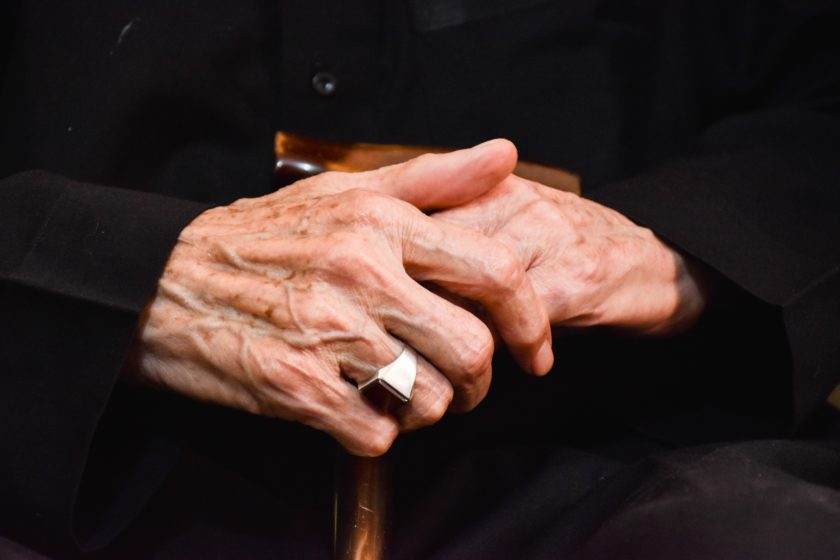Nearly a third (30%) of over-60s do not expect to pay for later life care costs, despite the number of people needing later life care on the rise, according to research from Canada Life.
The life assurer said a lack of awareness and understanding around who is expected to pay for care and how much it could cost could risk leaving a large number of people sleepwalking into a care crisis.
The research found that two in five (41%) also expect not to have to pay for the care of a loved one.
While the cost of care is estimated to cost between £600 and £800 per week, over a quarter (27%) say they do not know how they will pay for care and about a fifth (18%) have not planned that far ahead.
Alice Watson, head of marketing, Insurance, Canada Life, said: “Despite recent efforts from the government to tackle the care crisis, including the introduction of the social care levy and cap, with people living longer, the harsh reality is that more people will need care – and this must be paid for.
“However, it’s clear there is a lack of understanding and awareness over who is expected to pay for care, just how much it could cost and how to plan for covering any care needs in later life. For example, the lifetime cap of £86,000, doesn’t include all daily living costs, and could be misleading for those who think it includes all costs. It’s likely, therefore, that many individuals will still need to contribute above and beyond the cap.
“This is where advisers have a crucial role to play in helping those in and approaching retirement to plan ahead. The possibility of having to pay for care is now a crucial part of retirement planning. Advisers will be able to help customers navigate the various options available, whether that be using their pension, their property wealth, or a combination of the two, to allow them to plan ahead with certainty.”
For those who have thought about how they may pay for care, 27% of over-60s say they would use their state pensions, down from 37% in 2021, followed by 25% who say they would use cash savings and 18% who would rely on their private pension.
Other ways to pay for care include selling their assets (14%), expecting the government to cover the cost (13%) and releasing equity from their home (9%).



























